- Overview
- Flares & Triggers
- Causes & Risks
- Types
- Locations on the Body
- Tests & Diagnosis
- Treatment
- Living With
- Complications
- Appointment Prep
- View Full Guide
10 Psoriasis Triggers Slideshow

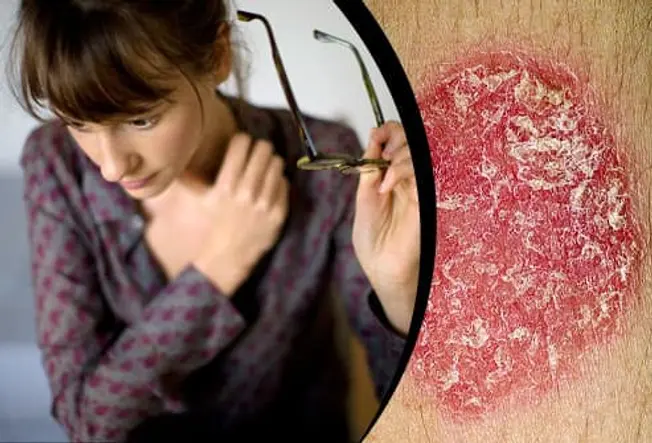
Stress
Your body reacts to stress. Studies show that stress can make psoriasis worse, but psoriasis can also stress you out.
Breathe in deep and count to 10. Take a relaxing soak in the tub. Call up a friend to vent. Meditate. Focus on the positive and make relaxation part of your daily routine. These are simple ways to bust stress and may help keep psoriasis flares at bay.
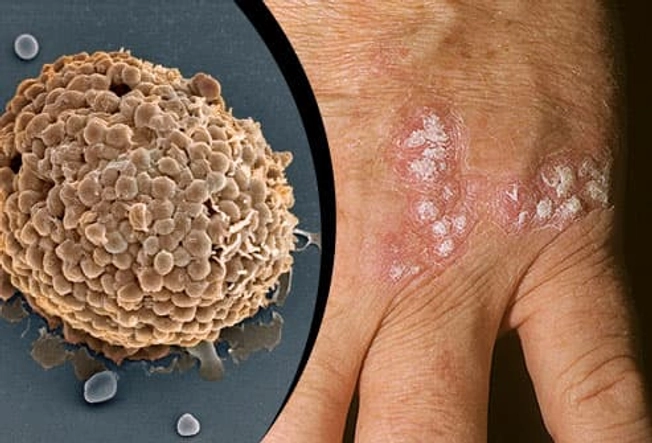
Allergies
Are psoriasis and allergies linked? The immune system seems to play a key role in both.
Research shows that people with psoriasis are more likely to have a large number of inflammatory mast cells (see left) -- the kind that trigger allergic reactions like swelling and itching. Still, there’s no proof that psoriasis is an allergic reaction.
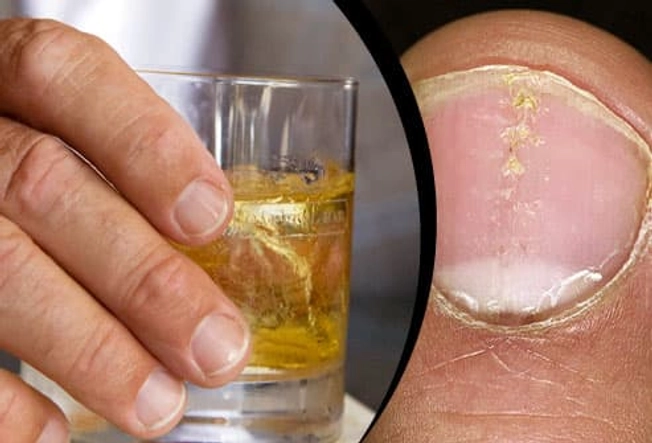
Alcohol
Scientists believe that heavy drinking can trigger psoriasis flares. More research, however, is needed to know what the links are. Doctors say avoid alcohol altogether to help prevent reactions.
Another reason to put down your drink? Some psoriasis medications and alcohol don’t mix.
Instead, try a nonalcoholic thirst-quencher like iced tea. Or walk around the block to unwind. Daily exercise and up to 20 minutes of sunlight can soothe psoriasis.
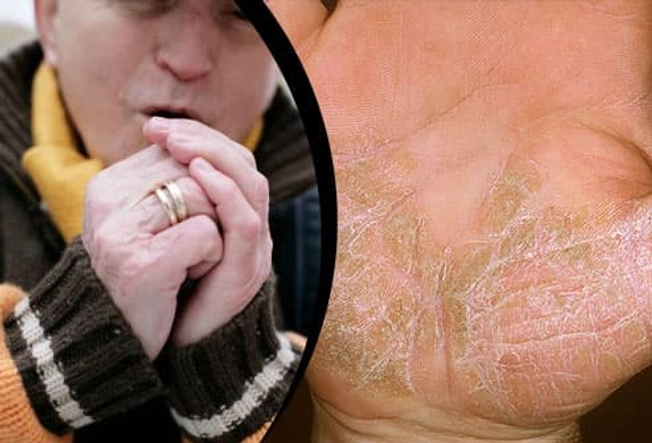
Cold or Dry Weather
Winter's cold, dry weather can make psoriasis worse, while warm, sunny climates may help.
The key is to keep your skin moist. Use thick, creamy lotions after showers and baths and throughout the day. Look for lotions and soaps that are fragrance-free and designed for sensitive skin to reduce irritation.
You can also use a humidifier in your home during dry months to relieve itching and tenderness.
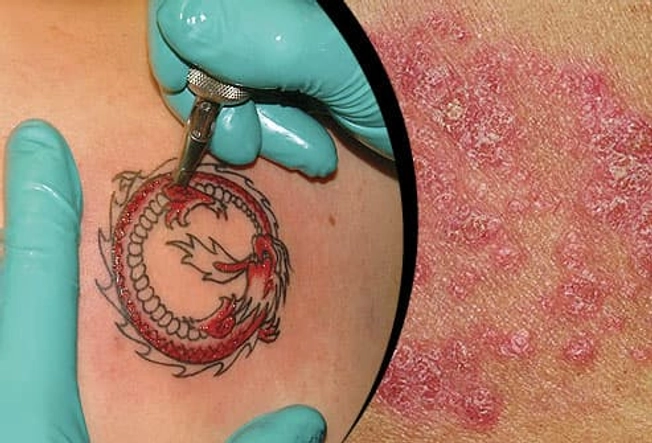
Tattoos
Tattoos can look cool, but the process can be a nightmare for psoriasis. Repeatedly piercing the skin and injecting it with dyes causes major trauma. Damage like that can cause new sores to appear, often 10 to 14 days later.
Tattoos can also lead to infection -- another trigger.
Treat your skin with care. Avoid tattoos, piercings, and acupuncture, and talk with your doctor about shots.
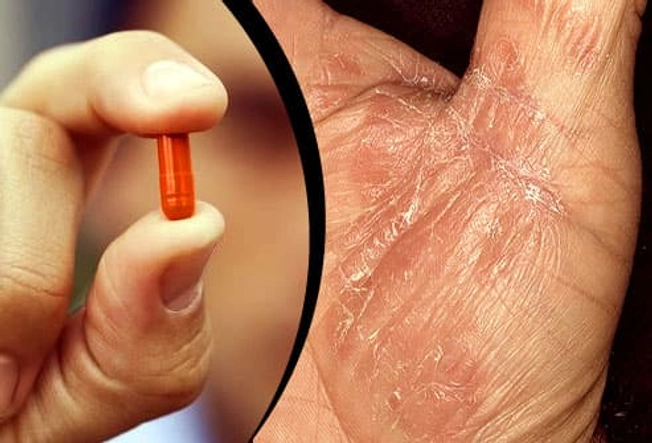
Medications
Some medicines used to treat high blood pressure, heart disease, arthritis, and mental disorders can trigger psoriasis.
Common drugs like ACE inhibitors, beta-blockers, and lithium can cause flare-ups. So can malaria pills like Plaquenil and hydroxychloroquine, and NSAIDs. Steroid pills such as prednisone control flares, but they may make the condition worse after long-term use.
Talk to your doctor if your medication is irritating your skin.
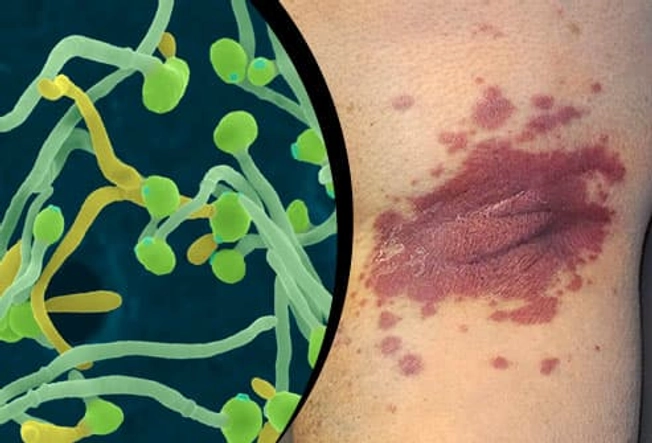
Infections
Common infections are doubly difficult for people with psoriasis. Yeast infections, thrush, strep throat, respiratory infections, and staph infections are all known triggers for the disorder.
The good news? Once you treat the infection, your flare-ups may also calm down.
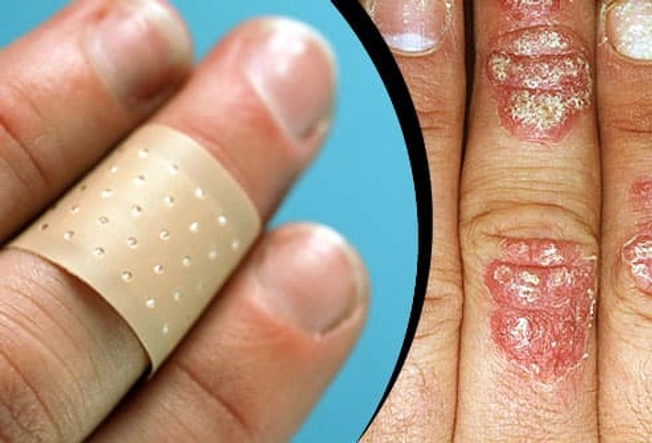
Cuts and Bruises
Slice your hand in the kitchen or scrape a knee and -- pow! -- new lesions may appear where you were injured. This is called Koebner's phenomenon.
Avoid injuring your skin when you can.
Wear gloves while working in your garden. Prevent bug bites and sunburn. And use care when trimming your nails and shaving.
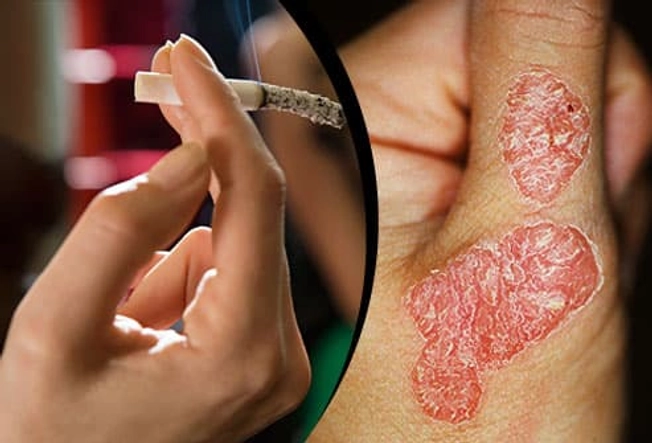
Smoking
Research shows smoking is directly linked to how bad psoriasis gets. The more you puff, the worse your flare-ups, with outbreaks most often appearing on the hands and feet.
Kick the habit, and you may reduce the number of flares and possibly end them.
You don’t have to take on the challenge alone. Ask your doctor about ways to quit.
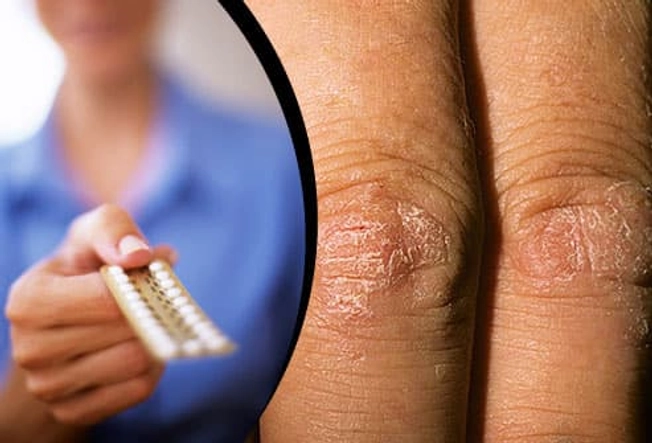
Hormones
Psoriasis can start at any age in both men and women. But it seems to peak in people between the ages of 20 and 30, as well as those between 50 and 60. Puberty and menopause also seem to trigger patches. Doctors think hormones may be the link.
Interestingly, one study found that high levels of estrogen during pregnancy seemed to improve psoriasis for some women.